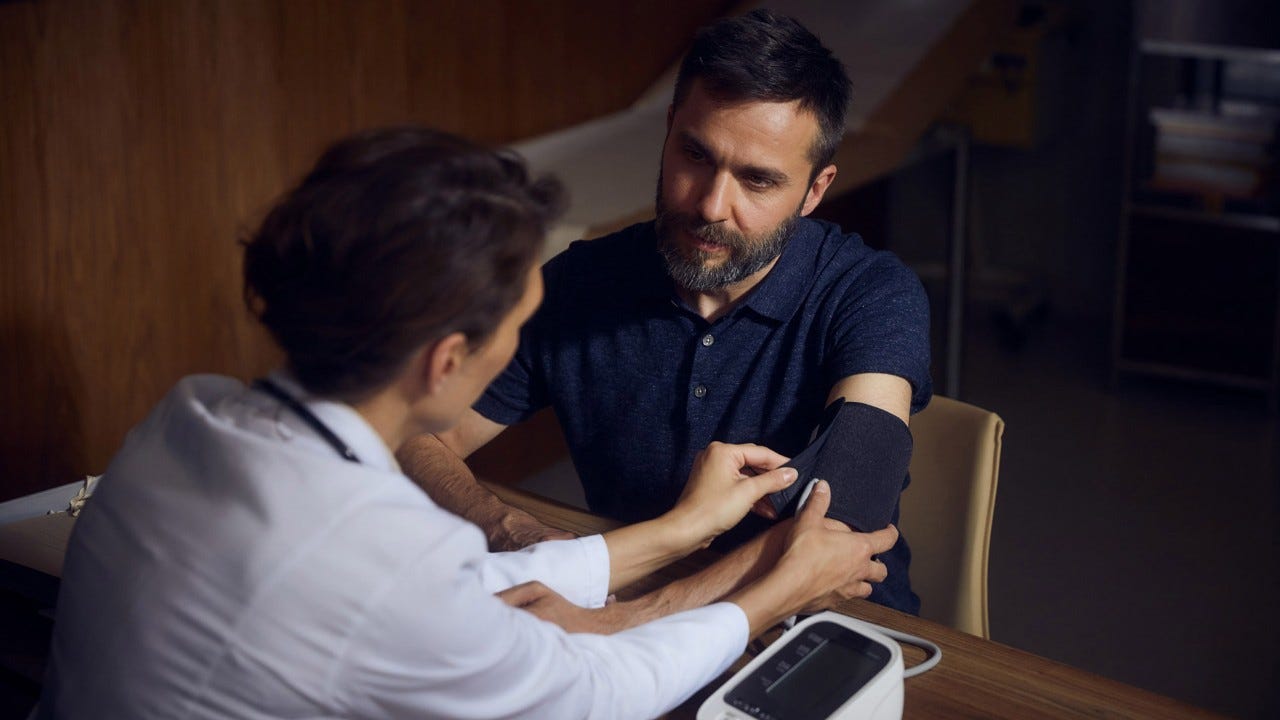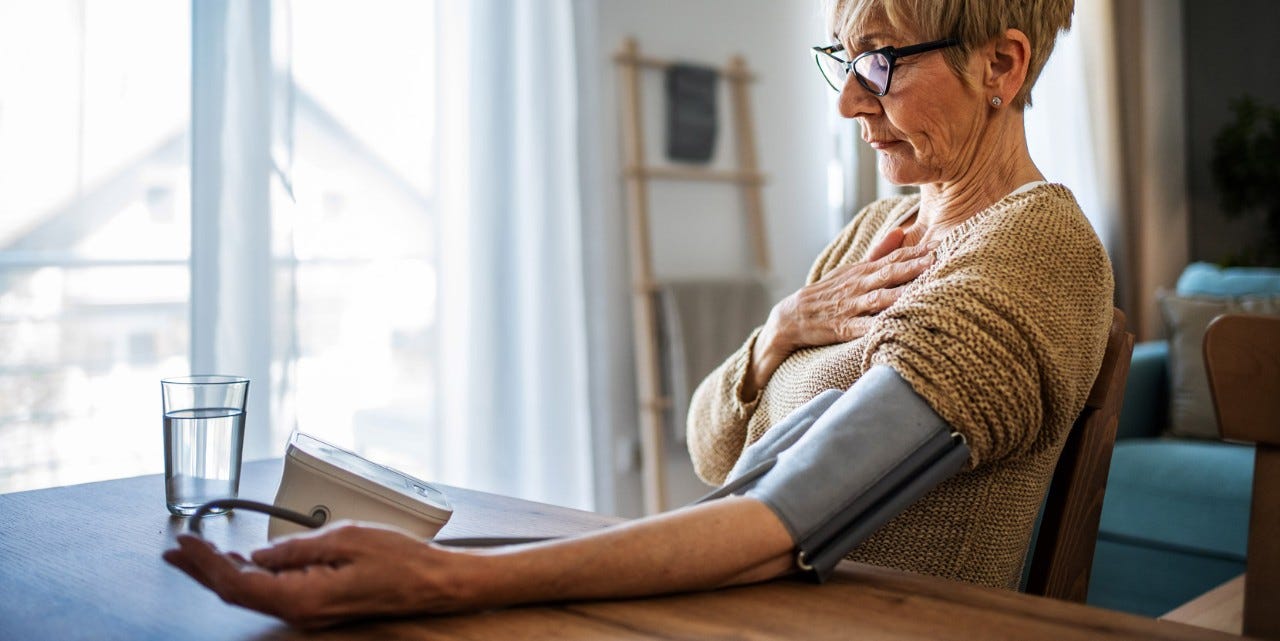Prevention – staying healthy
Prevention is better than cure: Preventive medicine, also known as preventive healthcare, identifies risk factors and encourages people to adopt a healthy lifestyle. What can we do every day to live more healthily?

As we are living longer than ever, we require more and more medical services. And lifestyle diseases such as obesity, high blood pressure and diabetes are on the rise. Healthcare costs are spiralling as a result. But it doesn’t have to be that way. Although there are some hereditary factors that are out of our control, it is our lifestyle that is responsible for many of the problems.
This is where preventive medicine comes in, helping individuals to analyse their risk factors and promoting a healthy lifestyle. After all, prevention really is better than cure.
What preventive measures are available?
In preventive medicine, a distinction is usually made between primary, secondary and tertiary prevention depending on when the measures are implemented.
Primary prevention is geared towards healthy people and aims to prevent disease or injury before it ever occurs. The focus is on staying healthy and preventing or delaying disease. The goal is to remain as fit as possible into old age and maintain a high quality of life. Diet and exercise are key here. Having the recommended vaccinations also falls under this category.
Secondary prevention aims to detect or prevent illnesses early on before a condition worsens or becomes chronic. Screening programmes such as mammograms to diagnose breast cancer are part of secondary prevention, for example.
Tertiary prevention aims to soften the impact of an ongoing illness or injury that has lasting effects. This is done by helping people manage long-term, often-complex health problems and injuries. This includes, for example, monitoring blood sugar levels for diabetes patients or rehab after an injury, heart attack or stroke.
Everyday tips for staying healthy
-
Undergo health checks and screening
If you are aware of your state of health and know what your risk factors are, you can adjust your lifestyle accordingly. However, which check-ups you should do vary from person to person. Important factors include your age, habits e.g. frequent stress, smoking or lack of exercise, mental illness, obesity and genetic predisposition. Talk to your family doctor about which check-ups and screenings are right for you.
-
Watch your diet and your weight
A balanced diet helps you stay healthy – at any age. It is important that you get all the nutrients you need and to ensure that your energy intake matches your requirements. Weighing yourself regularly makes it easier to maintain your weight and avoid gaining or losing too much weight. Nutrition counselling can also help. It’s a good idea to establish routines, such as eating balanced and regular main meals and snacks.
And don’t forget that it is important to drink plenty of (unsweetened) fluids. It is recommended that you drink between 1.5 and 2.5 litres a day, depending on your body weight (rule of thumb: 30 ml per kilogram of bodyweight per day), the heat and physical exertion. If you feel tired and unwell, it can be worth getting your blood values checked. For example, women often suffer from iron deficiency and many people don’t get enough vitamin D in winter.
-
Be active every day
Alongside a balanced diet, physical activity is one of the key factors in reducing many health risks. Exercise reduces stress, relieves anxiety and helps you sleep better. Sport also helps strengthen your muscles, improve your cardiovascular system and lower your blood pressure.
Exercise should be made part of your daily routine from early childhood. For children, this simply means going to the playground. Physical activity programmes for the elderly have been shown to help reduce the risk of falls. And if you’re physically fit, you have greater reserves if you do fall ill. Exercise also promotes blood flow to the brain and stimulates it to form new cells and networks. This helps in old age, for example against dementia.
-
Stay mentally fit
Eating a healthy diet, staying physically and mentally active and maintaining relationships with other people keeps your brain healthy. Studies show that a healthy brain is well equipped to combat mental decline in old age - and dementia. According to the Swiss Alzheimer’s Association, this helps build up reserves and better counteract damage and degradation.
Being mentally active helps reduce or slow the process of degradation. Tips to stay mentally alert? Read a newspaper, magazines or books every day. Play challenging games, such as chess. Play music and dance. Always try to learn something new, e.g. a language, an instrument or cooking.
-
Reduce stress
Stress makes the body perform better in the short term. However, long-term stress without periods of recovery is harmful for the body and encourages the development of a number of serious illnesses. Furthermore, people who are stressed are more likely to resort to addictive substances such as alcohol and cigarettes and are more susceptible to infections.
Many people find it hard to reduce stress. It is important to learn how to manage stress and make it a part of your daily routine. You should regularly ask yourself the following questions: How am I feeling right now? What are my biggest sources of stress? Should I eliminate these immediately? How can I reduce stress in the long term? Breathing exercises, yoga and meditation can help in the short term. Anyone who feels permanently stressed and is maybe showing the start of physical symptoms should talk to their doctor.
-
Don’t forget your vaccinations
Check your primary vaccinations according to the Swiss vaccination schedule and supplement or refresh them as necessary. You should be vaccinated against shingles between the age of 65 and 79. Influenza and pneumococcal vaccinations make sense for people aged 65 and over or earlier for patients at risk. Important: Seek advice from your family doctor to avoid missing any vaccinations or new recommendations.
-
Try to give up smoking
Smoking is hugely harmful to health, because it impairs the flow of blood to the organs and increases the risk of cancer. If you can’t quit on your own, you should seek professional help. You will find plenty of reasons to give up smoking, and tips and offers to quit at stopsmoking.ch or lungenliga.ch.
-
Pregnancy check-ups
These are also part of preventive healthcare. Pregnant women should have all their checks done on time to avoid complications or identify them early on. Even if everything seems OK.


